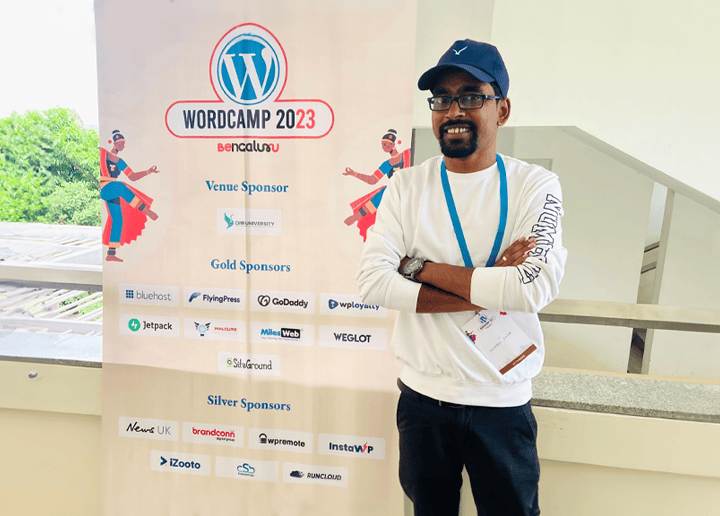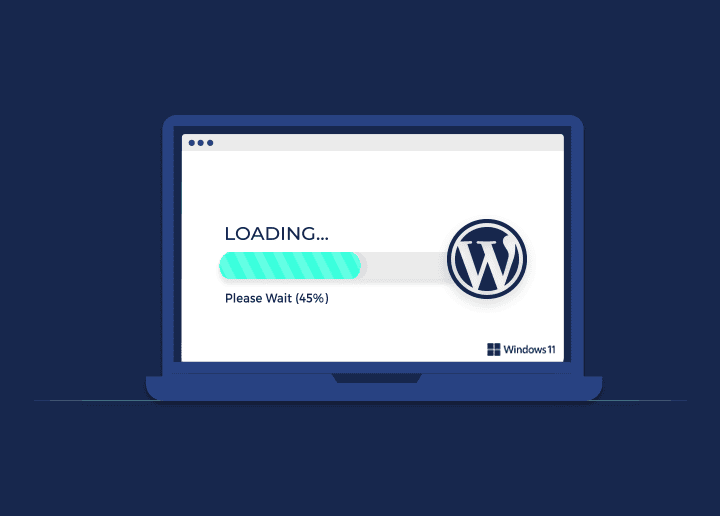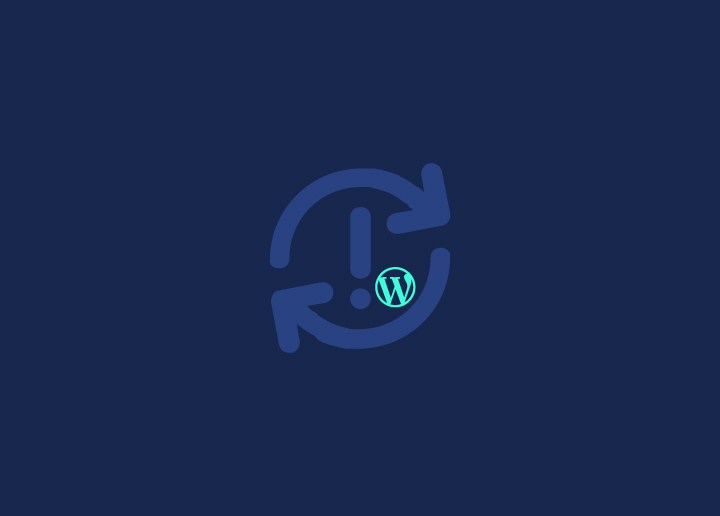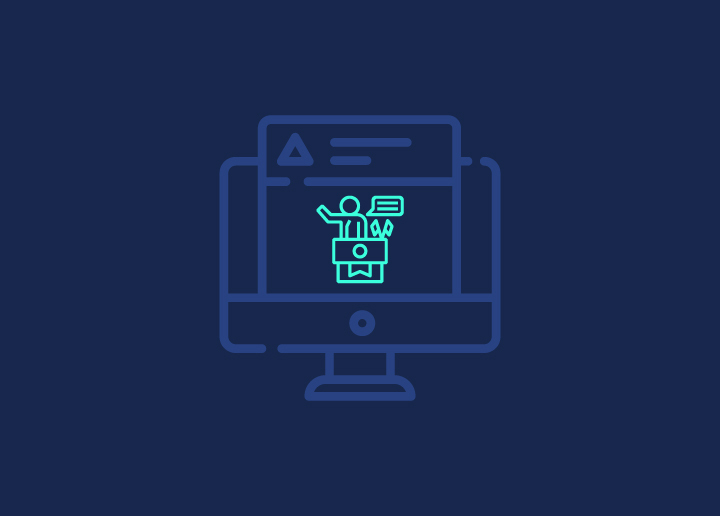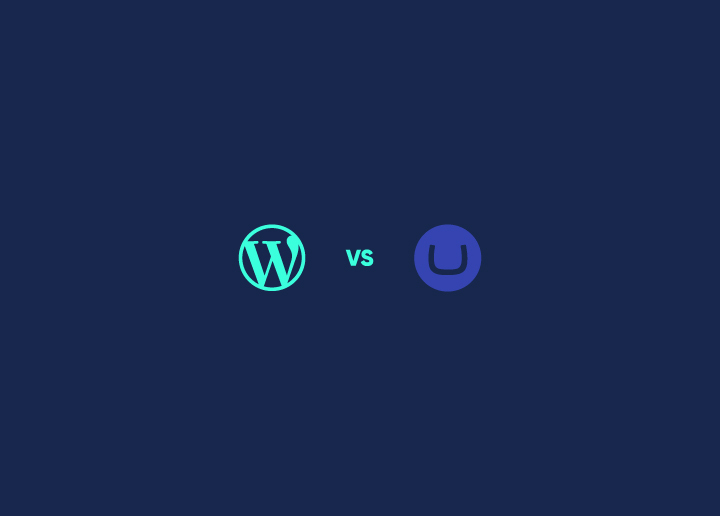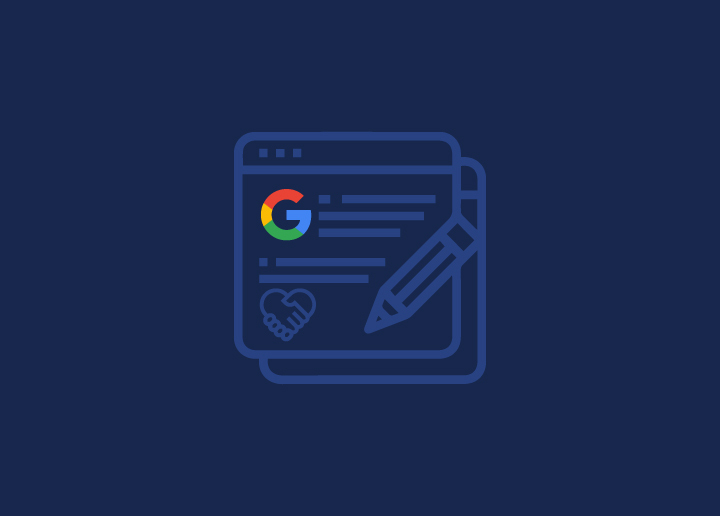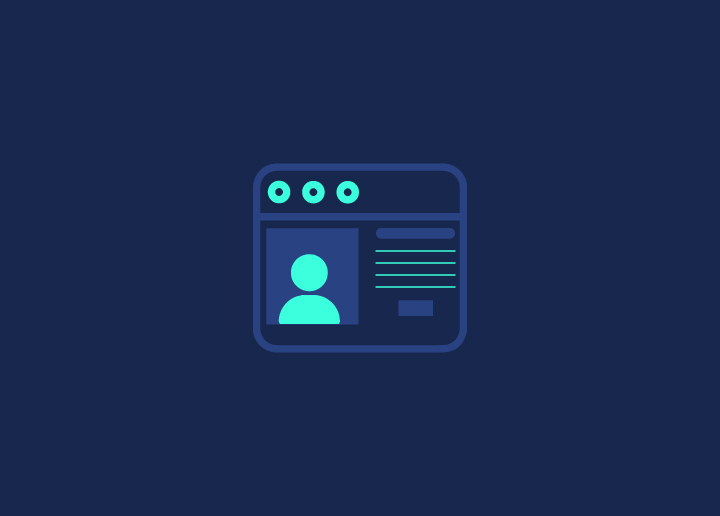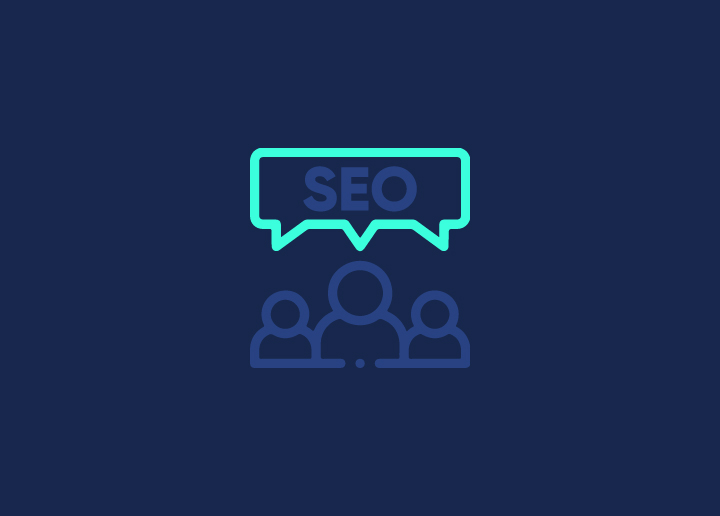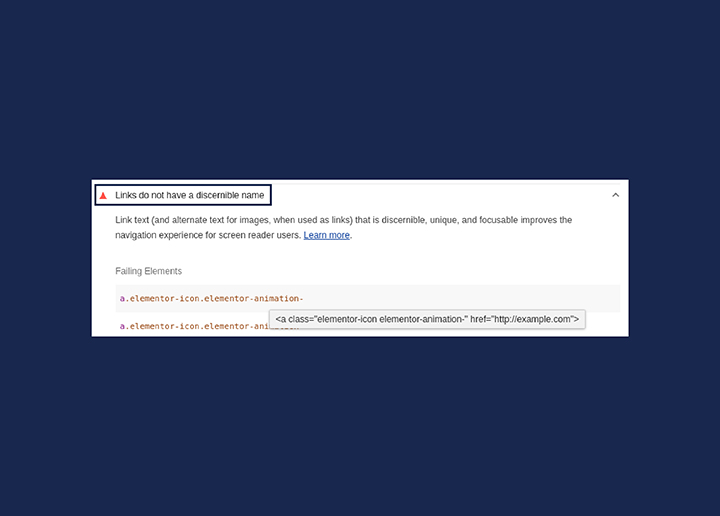In a significant development, Google rolled out its much-anticipated update to the Helpful Content System guidelines in September 2023. This update brings about pivotal changes in how content is evaluated and ranked on the search engine giant.
Specifically, it delves into four critical areas: the handling of AI-generated content, management of third-party content hosting, an update on self-assessing your content, and fresh insights into strategies for traffic recovery after a Helpful Content Update, a key concern for webmasters and content creators alike.
In this article, we will take a detailed look at each of these key points, providing a comprehensive understanding of the latest modifications to Google’s content evaluation system.
Here, you can learn more about Google’s Helpful Content Update 2022

Contents
ToggleAbout AI-Generated Content
In the wake of Google’s September 2023 update, a notable shift has occurred in the way the search engine behemoth views AI-generated content. Previously, Google leaned heavily towards favoring human-created content, placing a premium on the unique perspective, creativity, and contextual understanding that human writers bring to the table.
Learn More: Google News SEO Optimization Guide
However, with this latest update, Google has displayed a more nuanced stance. The updated guidelines now align more closely with the broader advice on creating helpful material. This means that content generated by artificial intelligence, when done thoughtfully and effectively, can now find itself on a more level playing field with human-generated content.
This adjustment signifies a recognition of the advancements in AI technology and its growing capacity to produce informative, relevant, and engaging content. By acknowledging the potential of AI-generated content, Google is not only adapting to the evolving landscape of content creation but also fostering an environment that encourages innovation and diversity in content production.
With this updated perspective, there is a newfound opportunity to harness the power of AI to create content that meets Google’s criteria for helpfulness, expanding the horizons of what is possible in content marketing.
Compare: Google Bard Vs. ChatGPT
This pivotal change emphasizes the need for content creators and SEO experts to keep abreast of evolving industry trends, demonstrating the dynamic nature of the digital landscape. It also reinforces the idea that while human creativity remains paramount, AI is increasingly becoming a valuable tool in the content creator’s arsenal, with the potential to enhance and complement human-generated material.
About Hosting Third-Party Content
The September 2023 update marks a significant milestone in how Google views the practice of hosting third-party content on a website’s primary domain or subdomain. Previously, some website owners believed that by hosting third-party content on their site, they could harness the ranking power of their main domain or subdomain to bolster the visibility of this auxiliary content. However, the latest update introduces a shift in this paradigm.
Google now advises caution when it comes to integrating third-party content into a website’s ecosystem. The update emphasizes that if this content is largely unrelated to the primary purpose of the main site or if it is produced without direct oversight, it may be in the best interest of the website owner to prevent it from being indexed. This strategic approach aims to ensure that the content closely aligns with the core mission and thematic focus of the main site, enhancing the overall user experience and maintaining the integrity of the website’s content ecosystem.
Know More: How To Create A WordPress Website In 2023
By encouraging webmasters to exercise discretion in the hosting of third-party content, Google aims to foster a digital landscape that prioritizes quality, relevance, and user-centricity. This move underscores the importance of maintaining a clear and coherent content strategy, ensuring that every piece of content, whether directly produced or sourced externally, contributes meaningfully to the user’s journey.
Website owners and content creators are now presented with an opportunity to reevaluate their approach to third-party content hosting in light of these updated guidelines. This includes assessing the relevance and alignment of such content with the primary site’s objectives and user expectations. By doing so, website owners can proactively adapt to the evolving standards set forth by Google, positioning themselves for sustained success in the ever-changing digital landscape.
Update on Self-assessing Your Content
A key emphasis in the updated guidance is placed on the review process. Google encourages content creators to engage in a thorough evaluation of their material. This entails scrutinizing the relevance, accuracy, and quality of the content to ensure it meets the needs and expectations of users.
Explore: The Best Web Crawlers For SEO
Furthermore, the update issues a stern caution against making false updates to pages. This advisory serves as a safeguard against any attempts to manipulate or deceive search engine algorithms. Google’s algorithms are adept at detecting inconsistencies or misleading practices, and attempting to game the system can lead to detrimental consequences for a website’s visibility and ranking.
In addition, the updated guidance delivers a crucial warning against the practice of adding or removing content solely to create an illusion of freshness in search rankings. While it’s important to maintain updated and relevant content, it’s equally imperative to do so with genuine intent and purpose. Google’s algorithms are designed to discern between substantive updates that enhance the user experience and superficial changes made solely for ranking gains.
These updated self-assessment guidelines underscore Google’s commitment to fostering a digital ecosystem that prioritizes authenticity, relevance, and user-centricity.
Recovering from Helpful Content Update
For websites that may have been impacted by the latest Helpful Content Update, Google offers invaluable guidance on the path to recovery.
The first step Google recommends is to conduct a thorough assessment to identify content that may be deemed unhelpful. This involves a review of existing material, with a critical eye towards identifying areas that may not align with Google’s updated guidelines.
Learn: Optimal SEO On WordPress In 2024
Once unhelpful content has been pinpointed, Google advises taking swift and decisive action. This can entail either eliminating the content entirely or, in cases where applicable, replacing it with material that better aligns with the updated guidelines. This proactive approach not only addresses any potential issues identified but also positions the website for future success by ensuring that its content remains in harmony with Google’s evolving standards.
Conclusion
As we move forward, it’s clear that the digital landscape will continue to evolve, and staying ahead of the curve will be paramount. By heeding Google’s updated guidelines and remaining adaptable to future changes, content creators and website owners can position themselves at the forefront of an ever-changing digital frontier, poised for success in the competitive world of online content!

